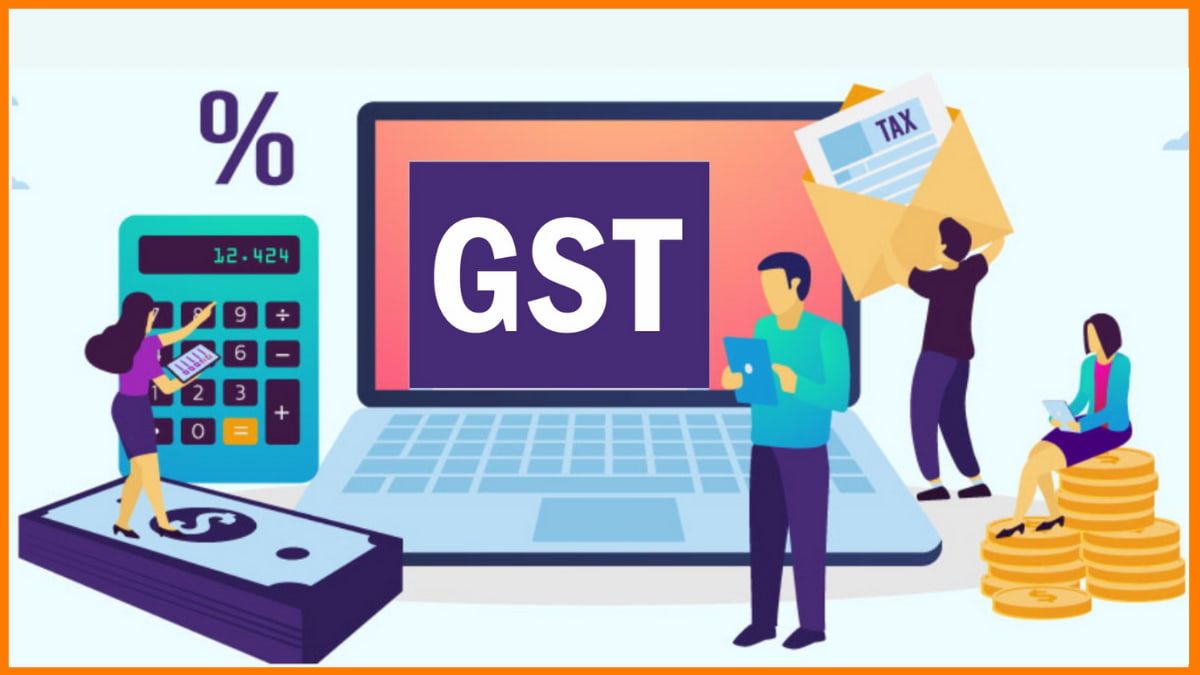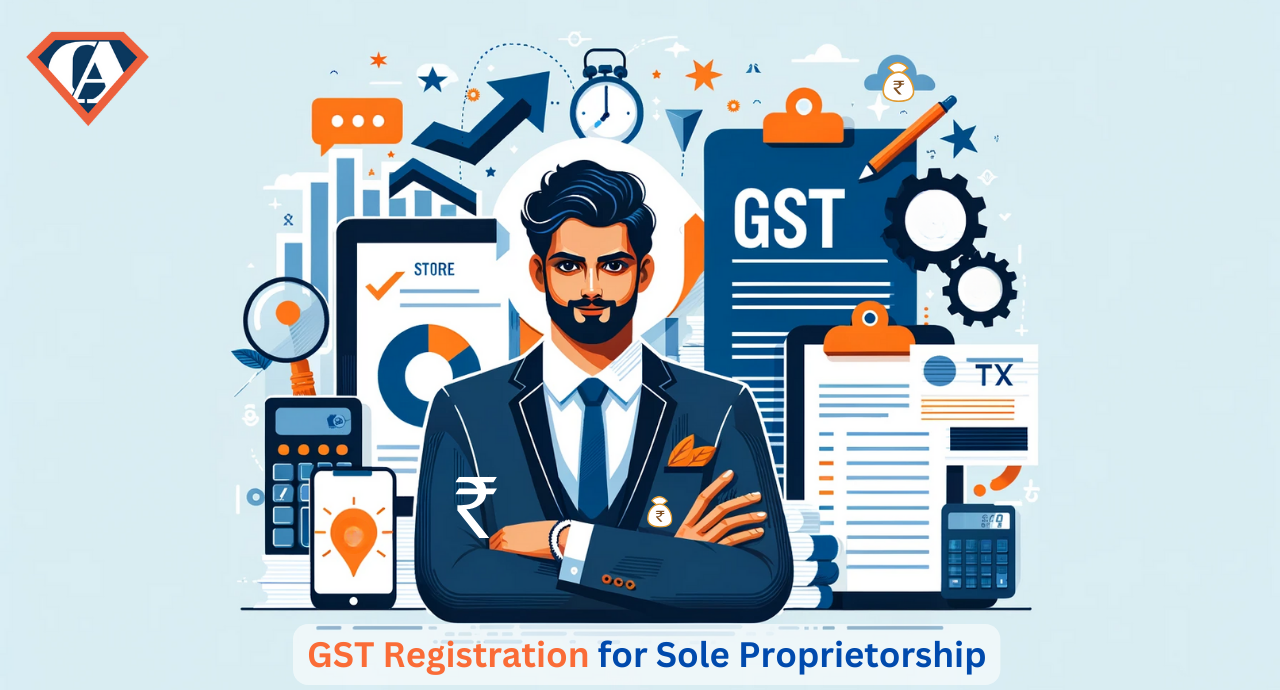Singapore GST Registration: What You Need to Know Prior To Applying
Singapore GST Registration: What You Need to Know Prior To Applying
Blog Article
Navigating the Intricacies of GST Registration: Specialist Tips and Finest Practices for Easier Compliance
Navigating the intricate landscape of Item and Services Tax Obligation (GST) enrollment requires an eager understanding of the advancing regulative framework and precise focus to information. As services aim to ensure conformity and stay clear of mistakes, professional support and best techniques can act as invaluable compass factors in this complex terrain. From deciphering enrollment needs to taking advantage of technical tools for streamlined processes, the trip in the direction of smoother GST compliance is diverse and nuanced. Keep tuned to reveal important approaches and insights that can help businesses steer with the intricacies of GST enrollment with finesse and self-confidence.
Comprehending GST Registration Requirements

Along with turn over thresholds, businesses participating in interstate sales or supplying taxable solutions might also be required to sign up for GST, even if their turnover is listed below the recommended limit (Singapore GST Registration). Understanding these requirements and limits is important to stay clear of fines and make sure smooth operations within the lawful structure
Moreover, companies have to collect and prepare the necessary documents, such as evidence of identity, address, service incorporation, and checking account details, before starting the GST registration procedure. Stopping working to provide precise details or satisfy the registration due dates can cause fines or various other legal consequences. Therefore, organizations ought to remain notified about the certain GST enrollment requirements applicable to their procedures to keep compliance and prevent possible problems.
Organizing Vital Documents
Businesses beginning on the GST enrollment process should thoroughly assemble and organize the crucial paperwork needed for entry. The key documents typically required for GST registration include proof of service enrollment or incorporation, address and identity evidence of business proprietors or partners, financial institution account details, evidence of major business, and authorization kinds. Making sure that these records are conveniently offered and arranged can enhance the enrollment process and protect against denials or hold-ups.
To successfully arrange important documentation, organizations must develop a central system for storing and classifying the called for documentation (Singapore GST Registration). Using digital storage space remedies can help preserve easy access and make sure that records are firmly kept. Additionally, establishing a checklist of all necessary papers can work as a practical device to track what has actually been gathered and what is still required for submission

Leveraging Technology for Performance
Enhancing functional effectiveness with technological integration is paramount for modern-day services browsing the complexities of GST enrollment. Leveraging innovation can improve processes, decrease errors, and make certain timely conformity with GST guidelines. One of the key means innovation can help in GST registration is through making use of automated software solutions. These devices can aid organizations track sales, produce billings, calculate tax obligations, and submit returns properly. By automating these tasks, services can save and reduce hand-operated errors time that would certainly otherwise be invested on repetitive management work.
In addition, innovation can promote smooth communication with tax obligation authorities. On the internet sites and communication tools make it possible for organizations to submit records, deal with questions, dig this and receive updates in a much more effective fashion. This not just speeds up the enrollment procedure yet likewise assists in keeping transparent and trustworthy interaction with the relevant authorities.
Additionally, cloud-based storage remedies give a safe and secure find system for businesses to shop and gain access to their financial data, ensuring compliance with GST record-keeping needs. By centralizing data storage space and automating processes, services can improve their general effectiveness and accuracy in GST enrollment procedures.
Proactive Conformity Monitoring

To make certain efficient aggressive compliance surveillance, businesses must establish durable internal controls, conduct routine audits, and take advantage of automation tools for real-time monitoring of GST deals. Regular training sessions for workers on GST compliance needs can likewise aid in producing a society of conformity within the company. Additionally, involving with tax experts or specialists can supply important understandings and guidance on browsing complex GST policies.
Involving With Professional Professionals
Engaging experienced tax obligation professionals can substantially boost a company's understanding and compliance with detailed GST policies. Expert professionals bring a wealth of understanding and experience to the table, helping organizations navigate the complexities of GST enrollment easily. By leveraging their competence, firms can ensure accurate filings, lessen the danger of mistakes, and remain current with the most up to date governing changes.
When involving with specialist professionals, it is important to pick professionals with a strong performance history in GST compliance (Singapore GST Registration). Try to find consultants who have a deep understanding of the appropriate legislations and guidelines, along with experience functioning with companies in your market. Efficient communication is crucial in this collaboration, so ensure to plainly define your expectations and develop routine touchpoints to review progress and deal browse around this web-site with any worries
Additionally, professional consultants can provide important insights and guidance on optimizing your tax obligation approach, recognizing possible cost-saving possibilities, and simplifying your conformity processes. Generally, buying professional consultancy solutions can go a lengthy way in guaranteeing smoother GST conformity and preventing costly mistakes.
Final Thought
In verdict, browsing the complexities of GST enrollment needs a complete understanding of the demands, organization of essential documents, leveraging innovation for effectiveness, aggressive conformity monitoring, and involvement with professional consultants. By adhering to these ideal methods, businesses can make certain smoother compliance with GST regulations and avoid potential fines or fines. It is necessary to remain educated, positive, and persistent in taking care of GST registration to keep conformity and maintain financial stability.
To ensure compliance with tax obligation laws, services must completely recognize the elaborate demands for GST registration. Product and Services Tax (GST) is a value-added tax obligation imposed on the majority of goods and services in a nation, making it essential for organizations to sign up for GST to stay clear of legal consequences.In addition, businesses have to gather and prepare the needed documents, such as evidence of identity, address, organization incorporation, and bank account information, before initiating the GST enrollment procedure. Services need to remain informed about the certain GST enrollment requirements appropriate to their procedures to preserve compliance and prevent possible concerns.
The vital papers generally needed for GST registration include proof of service enrollment or incorporation, identity and address proofs of the company owners or partners, bank account details, proof of principal place of business, and authorization forms.
Report this page